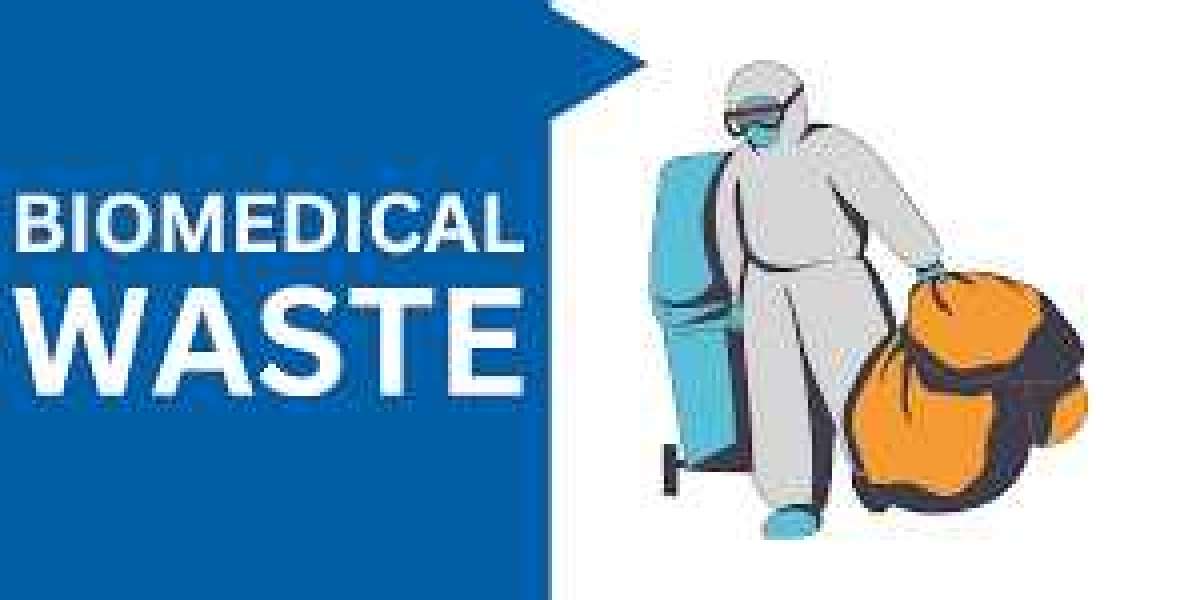Healthcare facilities are hubs of healing and care, but they also generate a substantial amount of biomedical waste. This waste, consisting of materials contaminated with potentially infectious agents, poses significant risks to healthcare workers, patients, and the environment if not handled and disposed of properly. Biomedical waste services, including collection, transportation, treatment, and disposal, are the unsung heroes of healthcare safety. In this article, we'll delve into the pivotal role that biomedical waste services play in ensuring the safety of healthcare settings.
What is Biomedical Waste?
Biomedical waste, also known as medical waste, includes a wide range of materials generated in healthcare settings, such as hospitals, clinics, and laboratories. These materials can be contaminated with infectious agents, hazardous chemicals, or radioactive substances. Biomedical waste encompasses items like:
Needles and syringes
Blood-soaked bandages and dressings
Cultures and stocks of infectious agents
Used personal protective equipment (PPE)
Discarded surgical instruments
Pharmaceuticals
Chemicals and reagents
Radioactive materials
The Critical Role of Biomedical Waste Services:
Protection Against Infections:
The primary role of biomedical waste services is to protect healthcare workers, patients, and the community from the risk of infection. By collecting, transporting, and treating infectious waste in a controlled and regulated manner, these services prevent the spread of diseases.
Safety for Waste Handlers:
Biomedical waste handlers, including waste management personnel, rely on specialized training and equipment to safely handle and transport infectious waste. The services ensure that waste handlers are equipped to perform their duties without risk to their health.
Compliance with Regulations:
Healthcare facilities must adhere to a complex web of local, state, and federal regulations governing the handling and disposal of biomedical waste. Biomedical waste services help healthcare institutions remain in compliance with these often intricate laws.
Proper Segregation:
Biomedical waste services educate healthcare workers on the proper segregation of waste at the source. This step is crucial to ensure that different categories of waste, such as sharps waste and biohazard waste, are treated and disposed of appropriately.
Safe Collection and Transportation:
Biomedical waste services provide healthcare facilities with specialized containers and vehicles designed for the safe collection and transportation of infectious waste. These containers are puncture-resistant, leak-proof, and securely sealed.
Efficient Treatment Methods:
Biomedical waste services employ various treatment methods, including incineration, autoclaving, and chemical treatment, to render infectious waste non-hazardous. These methods are designed to neutralize pathogens effectively.
Protection of the Environment:
Inadequate biomedical waste disposal can contaminate the environment, potentially affecting soil, water, and ecosystems. Proper treatment and disposal by biomedical waste services mitigate these environmental risks.
Preventing Cross-Contamination:
The services ensure that waste categories are never mixed, preventing cross-contamination between infectious and non-infectious waste. This segregation is vital to public health and safety.
Public Health Assurance:
By efficiently managing biomedical waste, these services contribute to public health assurance. Their work helps prevent the spread of infections, safeguarding communities and promoting overall well-being.
Conclusion
Biomedical waste services are the unsung heroes of healthcare safety, playing a pivotal role in protecting the health and well-being of healthcare workers, patients, and the public. By ensuring the proper handling, collection, transportation, and treatment of biomedical waste, these services help prevent the spread of infections, safeguard the environment, and maintain compliance with regulations. Without their dedicated work, healthcare settings would face significant risks and challenges in maintaining safety and infection control.


